Los Angeles businesses regroup after the 2025 fires
In the third instalment of our Rebuilding LA series, we zoom in on Los Angeles businesses and the architecture and social fabric around them within the impacted Los Angeles neighbourhoods
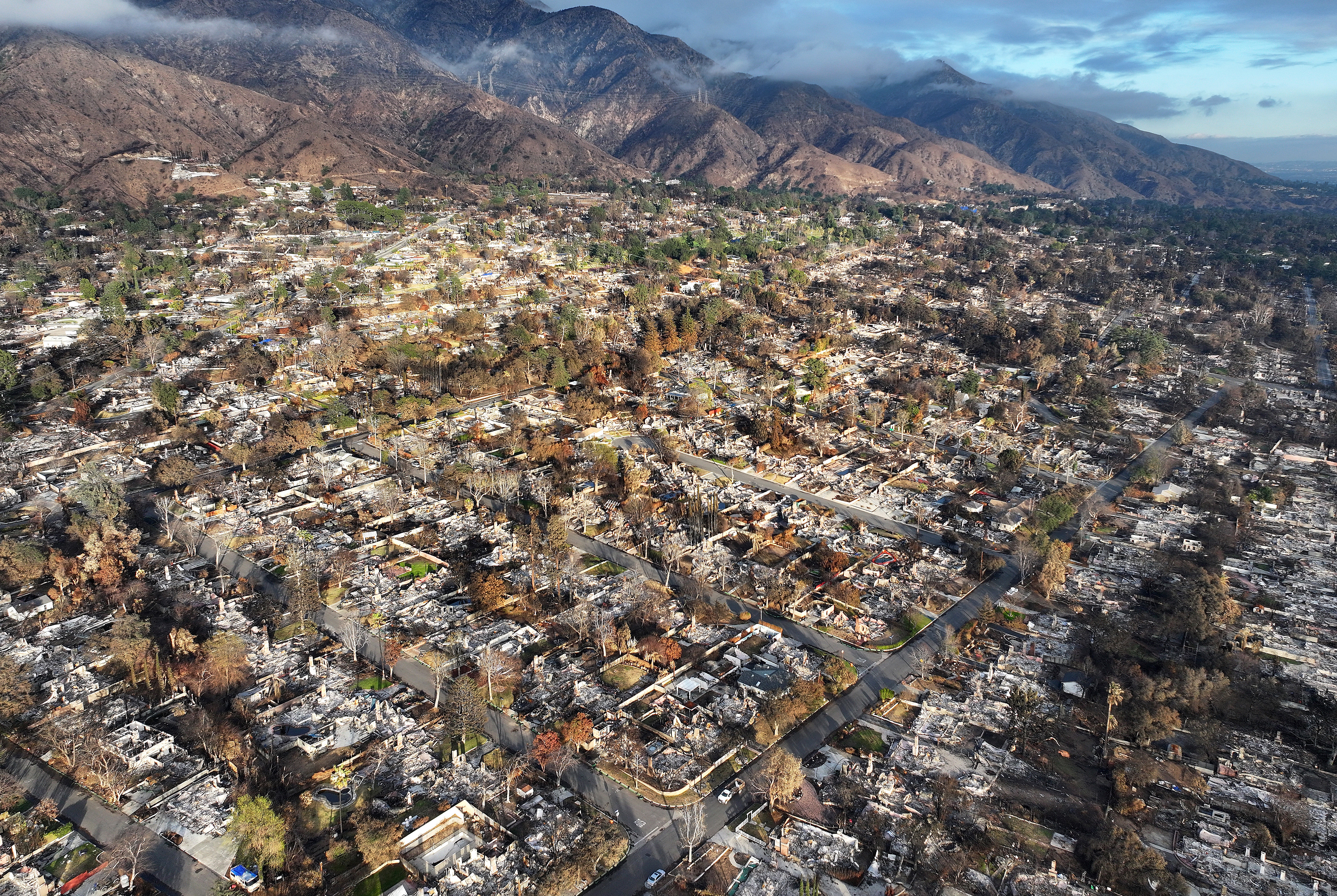
Four months have passed since the Eaton and Palisades fires devastated Los Angeles neighbourhoods. In recent weeks, signs of repair and restoration are underway: FEMA workers clear sites, loading trucks full of concrete and steel debris, while charred oak trees show green signs of life. Many design-oriented groups are trying to chart the next steps for residential architecture. For example, FORT Los Angeles launched 'Healing the Heart of LA', and the new Case Study Adapt programme aims to pair ten select architecture firms with displaced families.
The Los Angeles businesses and their future after the fires
With such activity underway, it seems that for some homeowners, a path of recovery is starting to take shape, but in speaking to small business and restaurant owners impacted by the loss of their shop, neighbourhood, or clientele, the future is murkier.
Tawnya Warren, Tawnya, Pacific Palisades
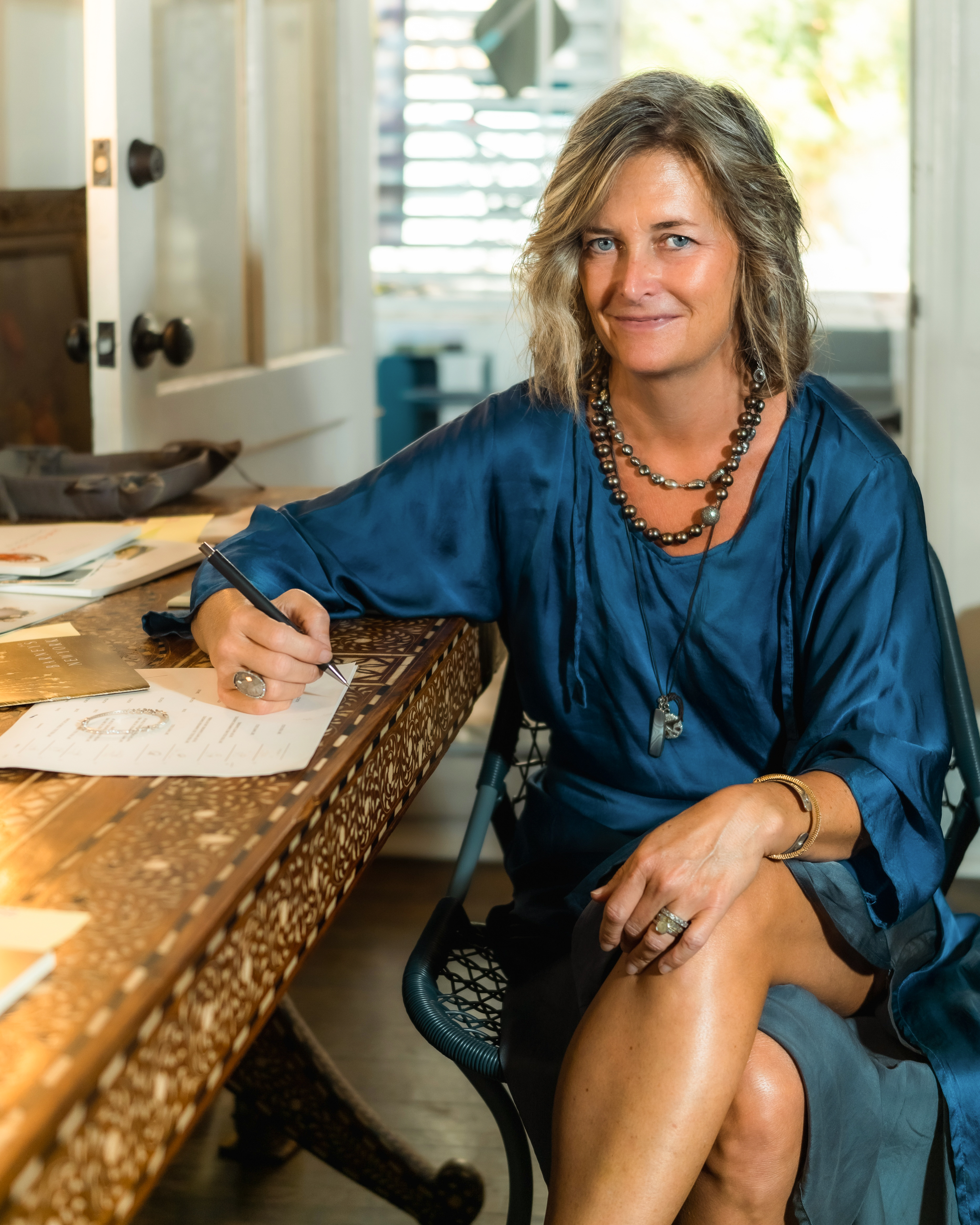
'Everything in the store was collected and cherished over the years,' says Tawnya Warren, jewellery designer and owner of Tawnya. Both her business and rent-controlled apartment were lost in the Palisades fire. 'Every piece in the store, every rolling rack and antique had a story.'
Her storefront was located on Sunset Boulevard in the heart of the Pacific Palisades village – a block full of mom-and-pop storefronts. Warren had sold her designs (under the name Zoe) at Barneys New York before she opened up her own shop, and her Sunset boutique featured graphic display cases salvaged from Barneys’ Beverly Hills location when the retailer shuttered, and artwork from Los Angeles design legend Tony Duquette. On the day of the fire, she packed what she could into her tiny car and fled.
In the months after the fire, friends and strangers helped out and offered places for her and her teenage son to stay. They’ve settled, for the moment, in Santa Monica, where she hosts occasional Tawnya pop-ups. An avid collector, she mourns the beautiful objects consumed by the flames – Hermès scarves, African beads, a horsehair purse – but is coming to terms with having less. 'I've gotten very streamlined,' shares Warren. 'My mind is freer to explore new designs.' While plans for her next retail space are still unclear, she created a new fragrance heavy on sandalwood and rose, inspired by the smoke-tinged air.
Chef Douglas Rankin, Bar Chelou, Pasadena
A post shared by Bar Chelou (@barchelou)
A photo posted by on
In 2023, Bar Chelou opened in the historic Pasadena Playhouse complex. It’s 'French-ish' offerings by chef/partner Douglas Rankin immediately garnered praise, landing it on top lists from The New York Times and Los Angeles Magazine. Chic interiors by LA architecture firm Lovers Unite gave the place a cool bistro-meets-disco vibe. And then, just weeks after nearby Altadena went up in flames, it closed on 16 February, citing the impact of the fire as one cause.
Located a few miles south of Altadena, where the fire destroyed nearly 10,000 buildings and killed 18 people, Bar Chelou’s structure sustained some light smoke damage, but otherwise was untouched by the blaze. However, it’s community – the local clientele the restaurant attracted over two years in business – took a blow. Several days after the worst of the fire, chef Rankin and his staff tried to make things work.
Receive our daily digest of inspiration, escapism and design stories from around the world direct to your inbox.
'When we reopened, it was like crickets,' he recalls. With so many people displaced by evacuations, lost homes, and bad air, it became clear that his patrons weren’t dining out. 'They’re not going out to those businesses that are close to home anymore, because they're not home. Restaurants run on such small profit margins that a bad month or a bad couple of weeks can make you change your mind about the future.'
When Bar Chelou’s landlord asked chef Rankin and Whole Cluster Hospitality group to sign a five-year lease at the end of February, they made a hard call and, ultimately, chose not to renew. Rankin plans to launch Bar Chelou in Denver, Colorado, where his wife’s family lives, and where there’s an up-and-coming food scene, but that opening is a couple of years away.
Nikki High, Octavia’s Bookshelf, Pasadena
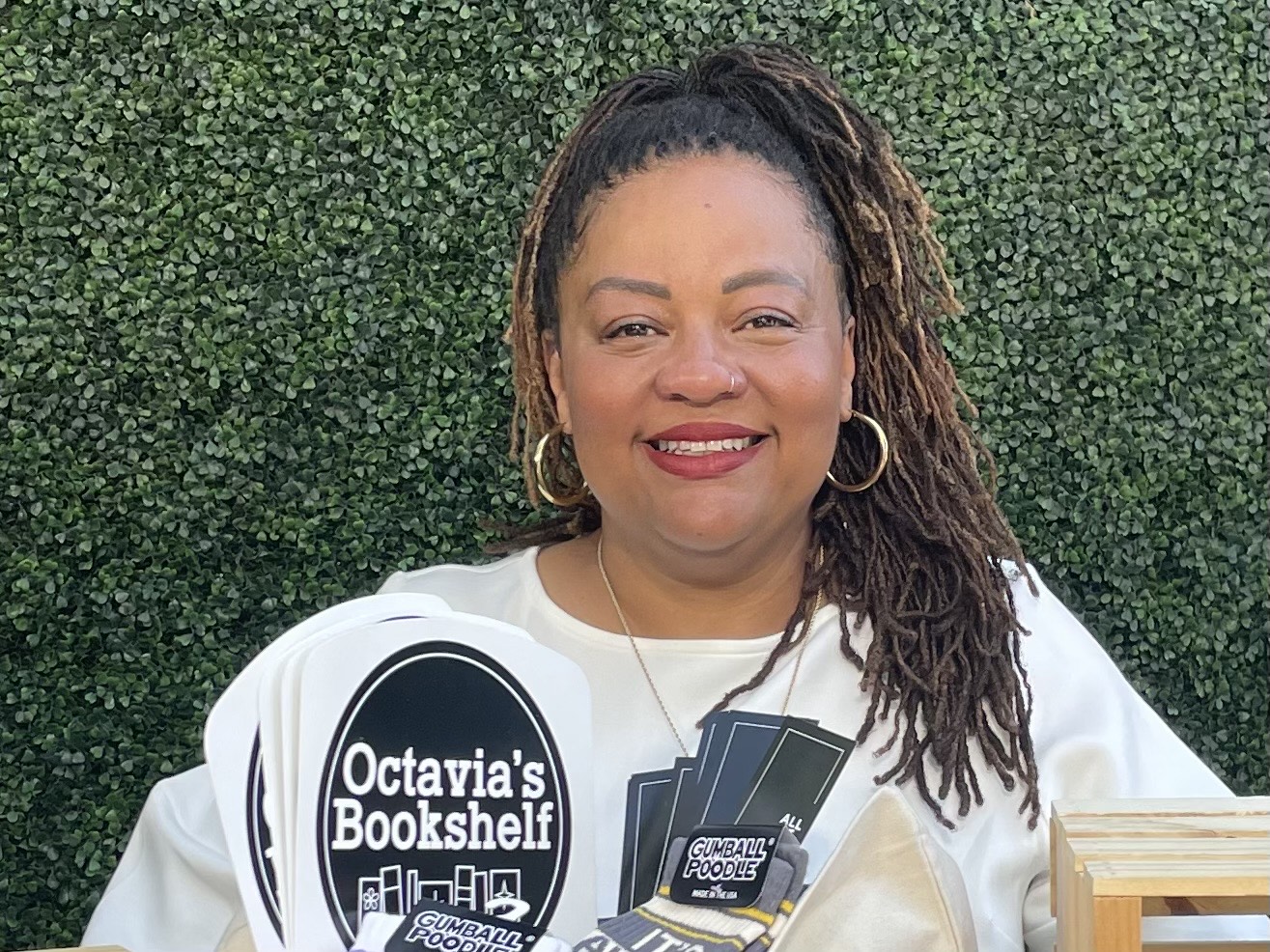
Nikki High is the owner of Octavia’s Bookshelf, an independent bookstore on the border between Altadena and Pasadena. The store celebrates the writings of BIPOC authors and is named after neighbourhood legend, Octavia Butler, the science fiction writer whose speculative prose seems to anticipate the confluence of class struggle, racial divides, and climate emergency that mark our current moment. The Eaton Fire and its devastating impact on the historically Black neighbourhood of West Altadena felt right out of the pages of Butler’s 1993 book, The Parable of the Sower.
High lives in the fire zone, her Altadena home suffered damage, but is standing. Around her, there’s nothing for block after block. She is cautious of labelling Butler a prophet who conjured ideas out of thin air. Instead, she sees Butler’s genius lies in her deep research into the science and reporting about the environmental crisis she saw around her. 'She was talking to people, she was clipping newspaper articles, she was digesting these words, and writing everything down,' says High. 'We had an opportunity to make a liar out of her, but we didn't.'
In the early days, as the wildfire raged and for weeks afterwards, High operated Octavia’s Bookshelf as a mutual aid hub. It started organically. She posted on socials that she had power, wi-fi, and water to offer the community. Then, others started donating: the eatery Neighbours and Friends brought food and drinks, trucks from San Diego and Northern California dropped off supplies, and locals contributed blankets, clothes, and toiletries. High packed up the books and lined her shelves with free goods. By creating a shopping experience, she gave folks back some of the dignity that was lost after evacuating.
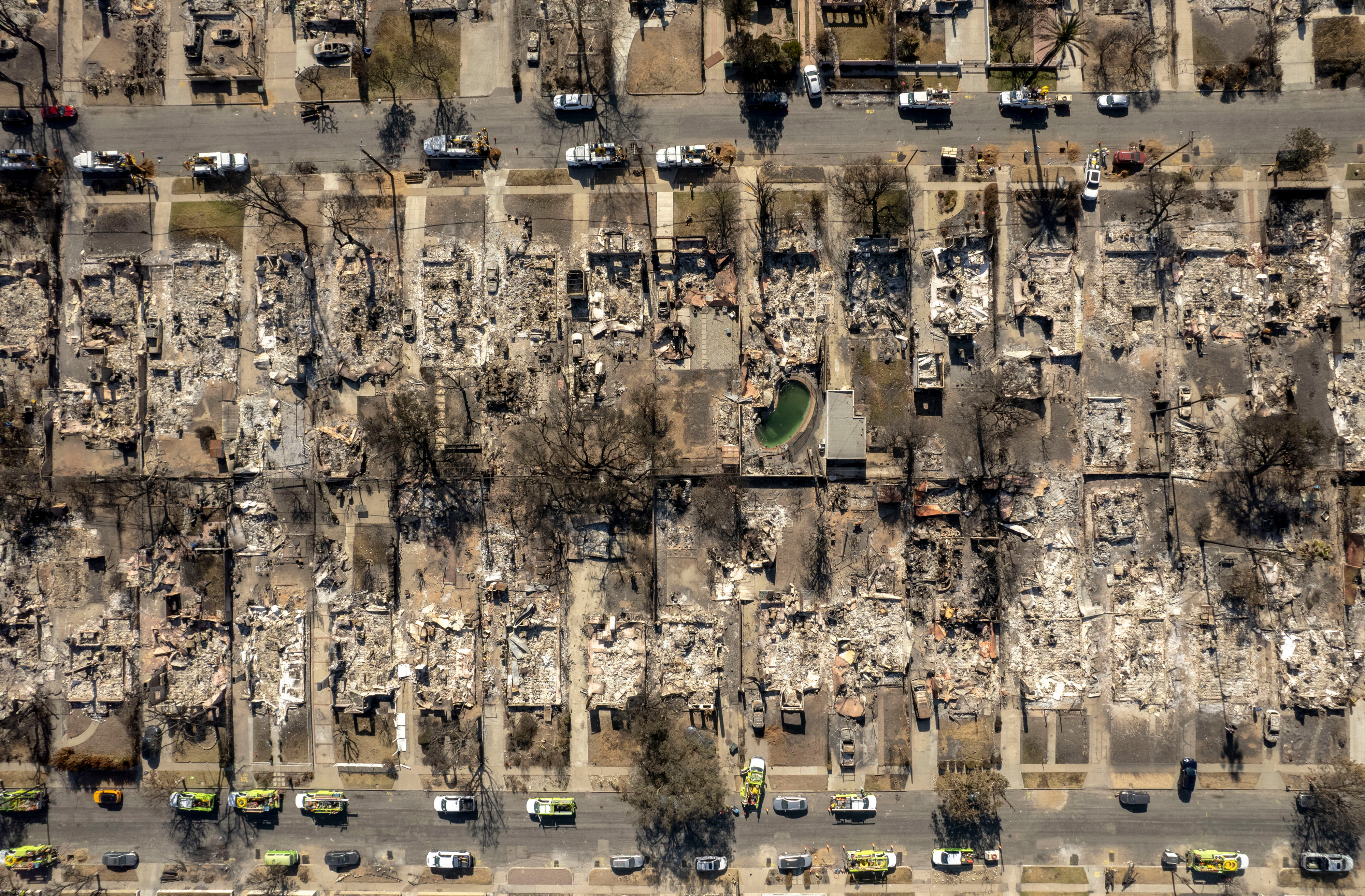
Architecture writer and local resident Michael Webb reflected on the devastating 2025 Los Angeles fires and offered us his personal account of the events as they unfolded at the time in California – read the story here.
'Towards the end of week three, people were asking: Do you have pots and pans or utensils?' she says. 'That alerted me that people are finding some place to stay. They have their basic needs met. I needed to go back to selling books, because I have rent and payroll to meet.'
Octavia’s Bookshelf continues to support folks with bi-weekly fire survivors support meetings woven into her event calendar amongst book signings and fundraisers. Like running a restaurant, operating an independent bookstore is precarious. Margins are thin, and since opening, High has relied on the community to keep her doors open. 'In the wake of tragedy, it just feels like a gift, and it does feel bizarre to be in this unknown land that you can barely recognise anymore,' she shares. 'But we’re doing it together. To be a part of the healing and rebuilding process… I’m just truly grateful.'
Mimi Zeiger is a Los Angeles-based critic, editor, and curator, holding a Master of Architecture degree from SCI-Arc and a Bachelor of Architecture degree from Cornell University. She was co-curator of the U.S. Pavilion for the 2018 Venice Architecture Biennale, and she has written for the New York Times, the Los Angeles Times, Architectural Review, Metropolis, and Architect. Mimi is the 2015 recipient of the Bradford Williams Medal for excellence in writing about landscape architecture. She has also authored New Museums, Tiny Houses, Micro Green: Tiny Houses in Nature, and Tiny Houses in the City. In 1997, Zeiger founded loud paper, an influential zine and digital publication dedicated to increasing the volume of architectural discourse. She is visiting faculty at the Southern California Institute of Architecture (SCI-Arc) and teaches in the Media Design Practices MFA program at Art Center College of Design. She was co-president of the Los Angeles Forum for Architecture and Urban Design and taught at the School of Visual Art, Art Center, Parsons New School of Design, and the California College of the Arts (CCA).
-
 Serious cyclists now have serious options, courtesy of two new models from Canyon
Serious cyclists now have serious options, courtesy of two new models from CanyonWith two new bikes, the Endurace: ONfly e-bike and Endurance: AllRoad, Canyon is innovating with both price and performance
-
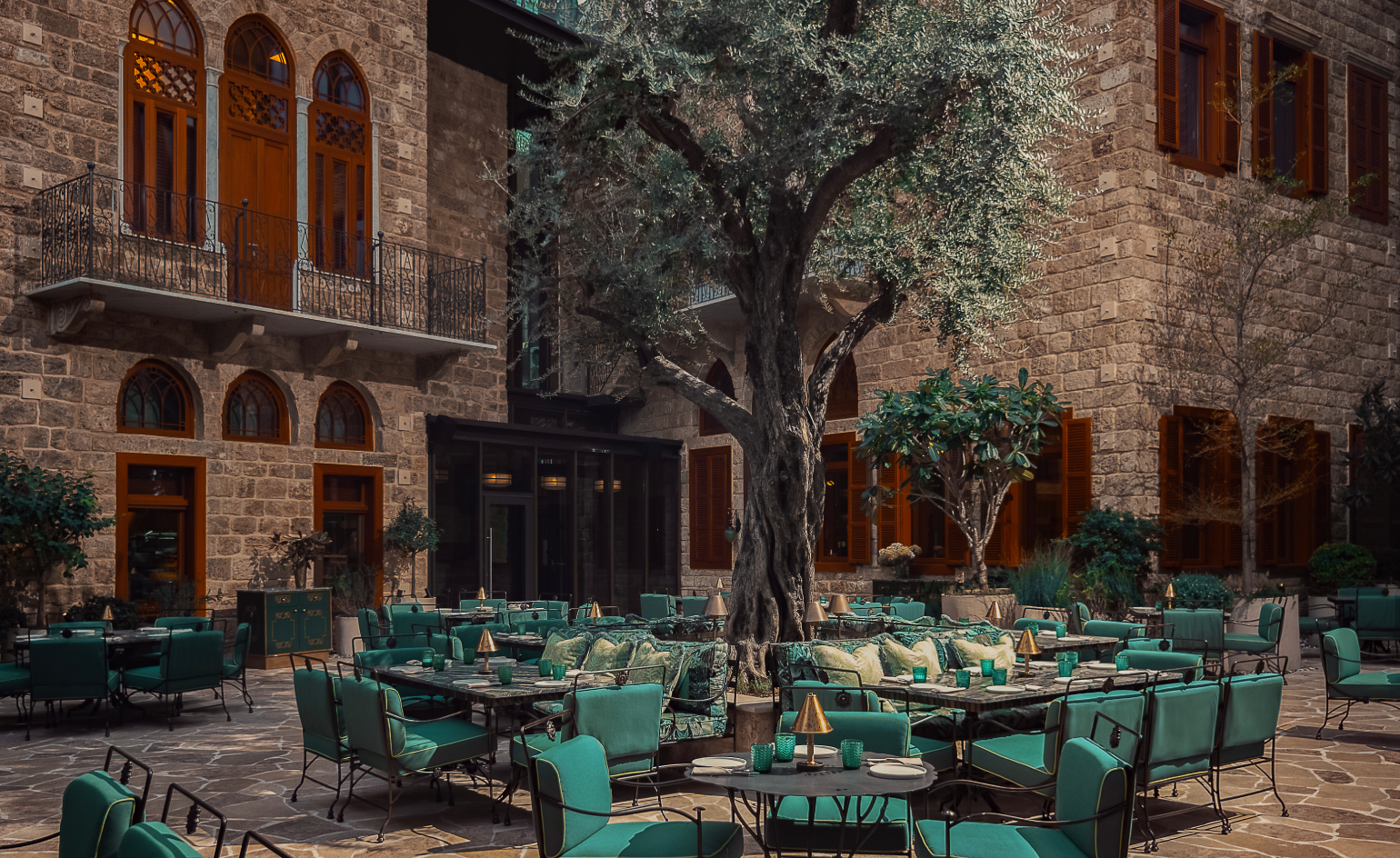 New members’ club Beihouse revives Beirut’s architectural heritage
New members’ club Beihouse revives Beirut’s architectural heritageFollowing the devastating 2020 explosion, three 19th-century homes in Gemmayzeh become a social hub balancing cultural memory with contemporary luxury
-
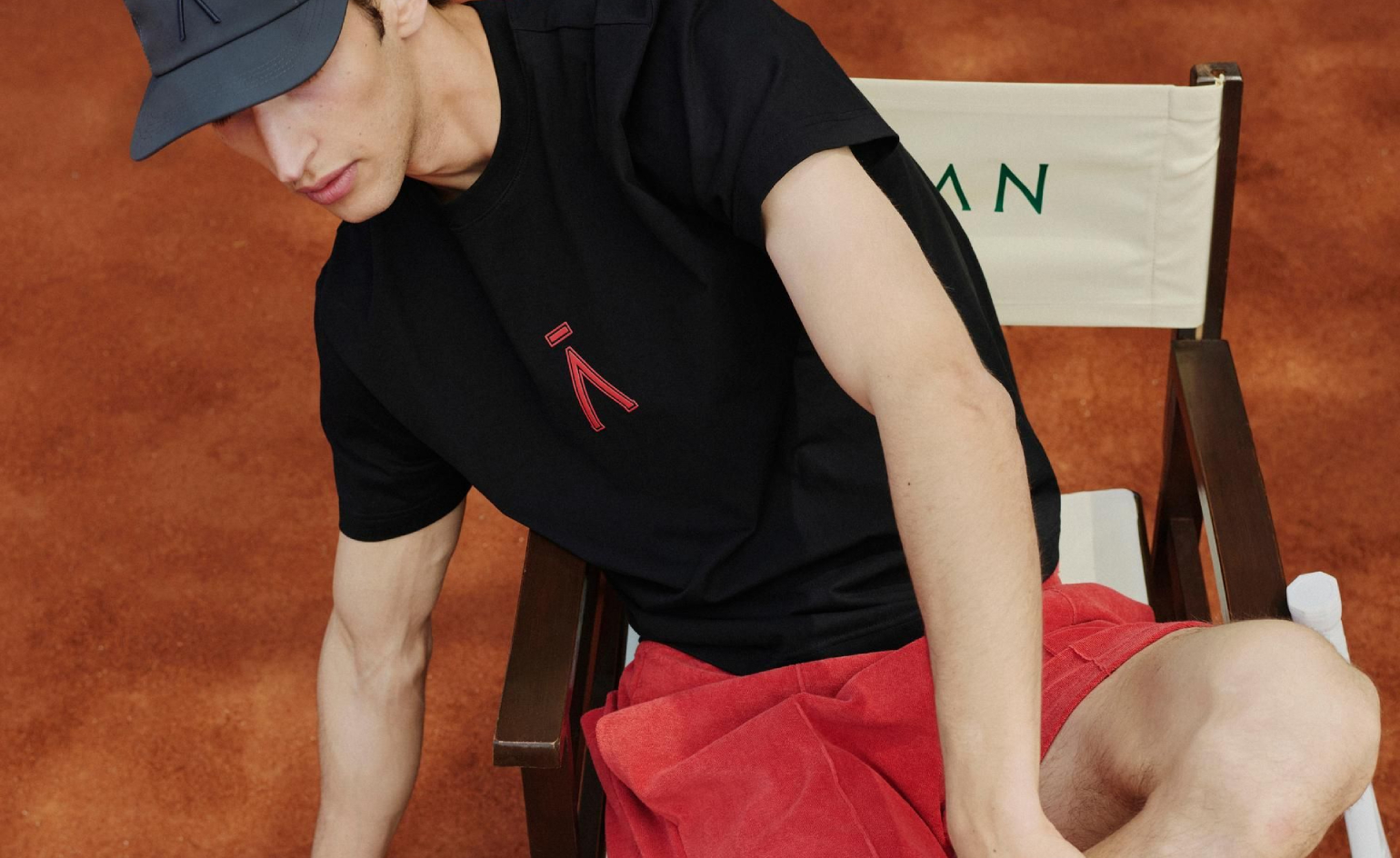 Aman New York unveils exclusive US Open-themed experience
Aman New York unveils exclusive US Open-themed experienceAman’s ‘Season of Champions’ pairs Grand Slam action with personalised recovery and performance treatments designed by Novak Djokovic and Maria Sharapova
-
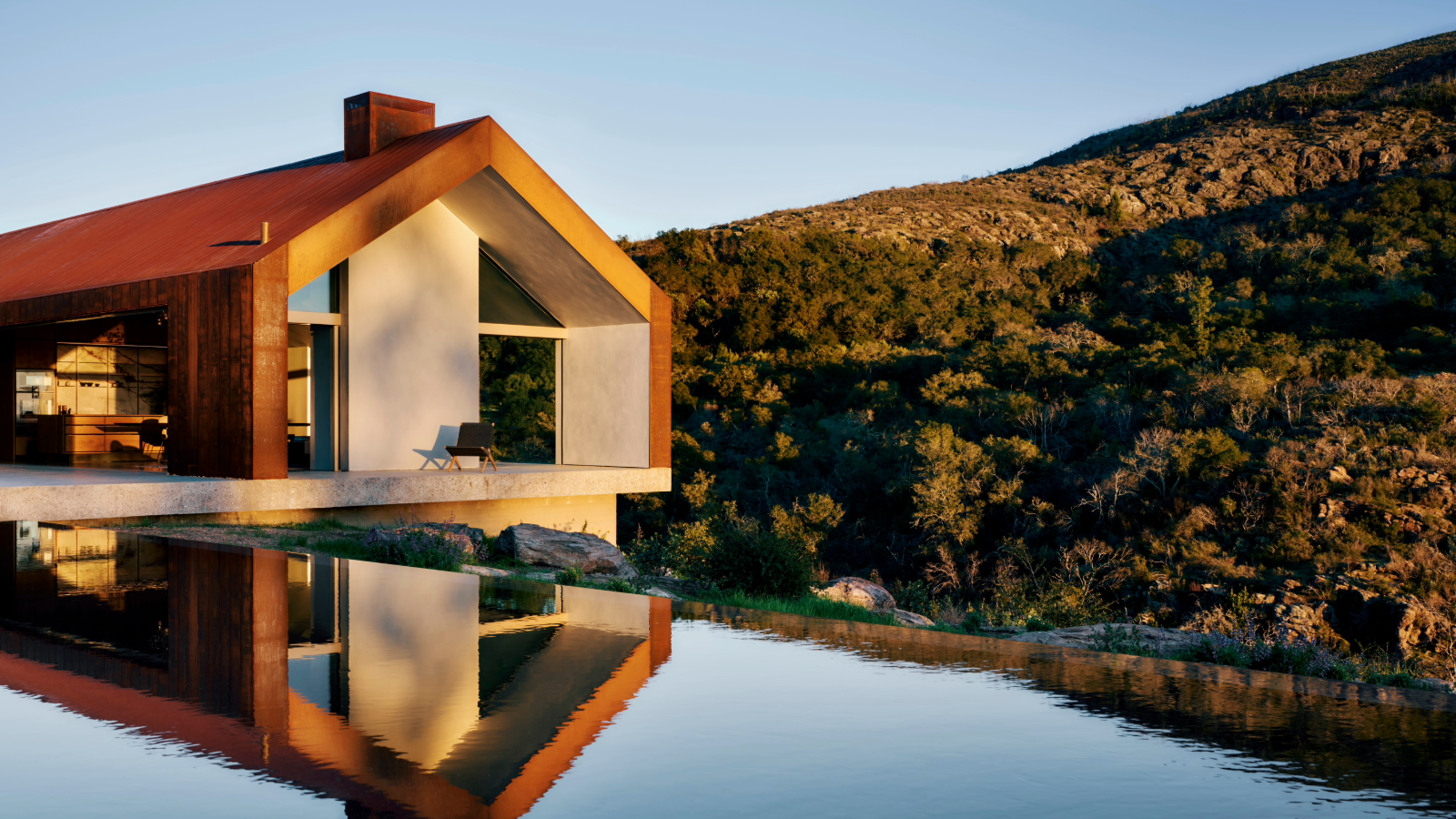 Tour this fire-resilient minimalist weekend retreat in California
Tour this fire-resilient minimalist weekend retreat in CaliforniaA minimalist weekend retreat was designed as a counterpoint to a San Francisco pied-à-terre; Edmonds + Lee Architects’ Amnesia House in Napa Valley is a place for making memories
-
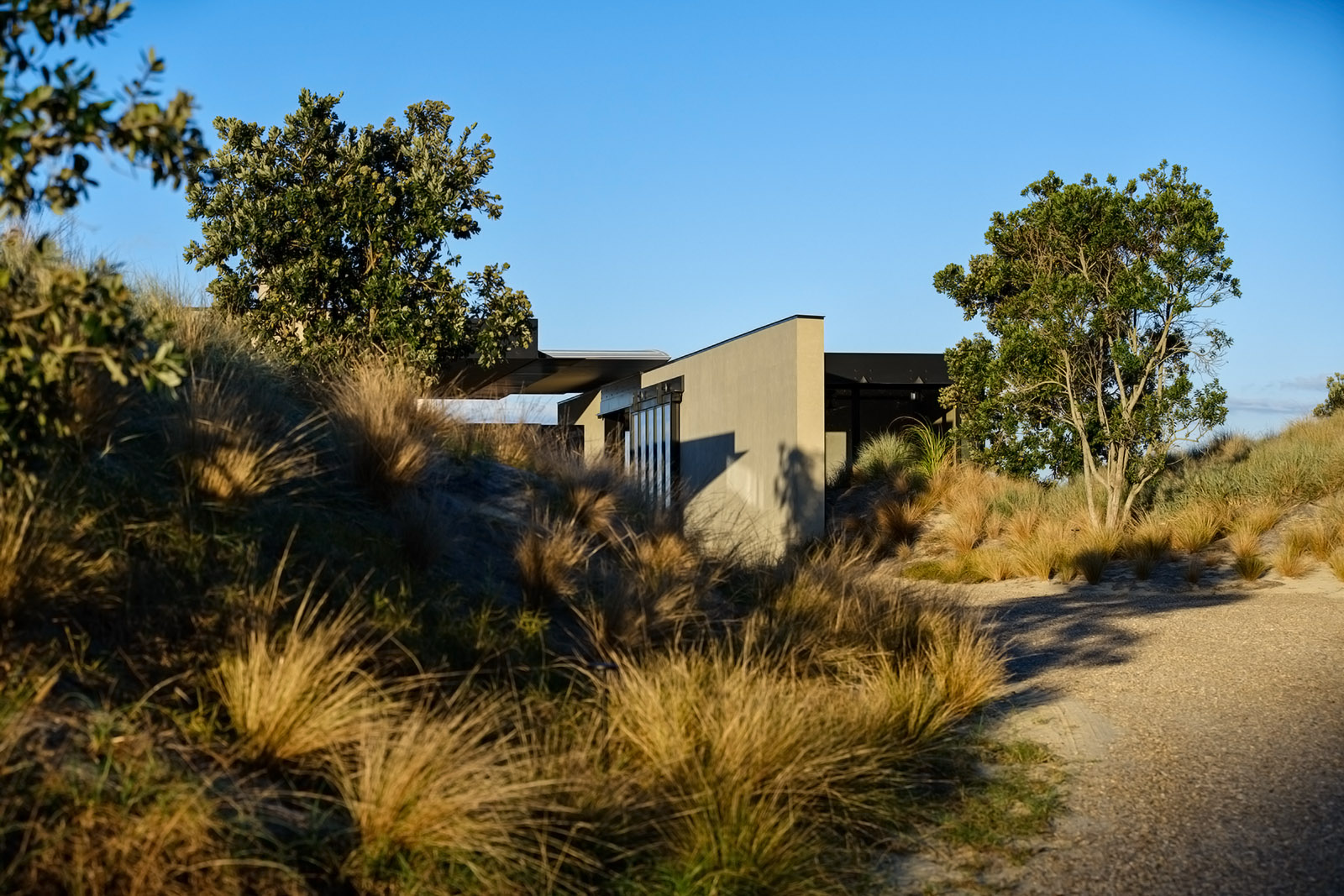 A New Zealand house on a rugged beach exemplifies architect Tom Kundig's approach in rich, yet understated luxury
A New Zealand house on a rugged beach exemplifies architect Tom Kundig's approach in rich, yet understated luxuryThis coastal home, featured in 'Tom Kundig: Complete Houses', a new book launch in the autumn by Monacelli Press, is a perfect example of its author's approach to understated luxury. We spoke to Tom Kundig, the architect behind it
-
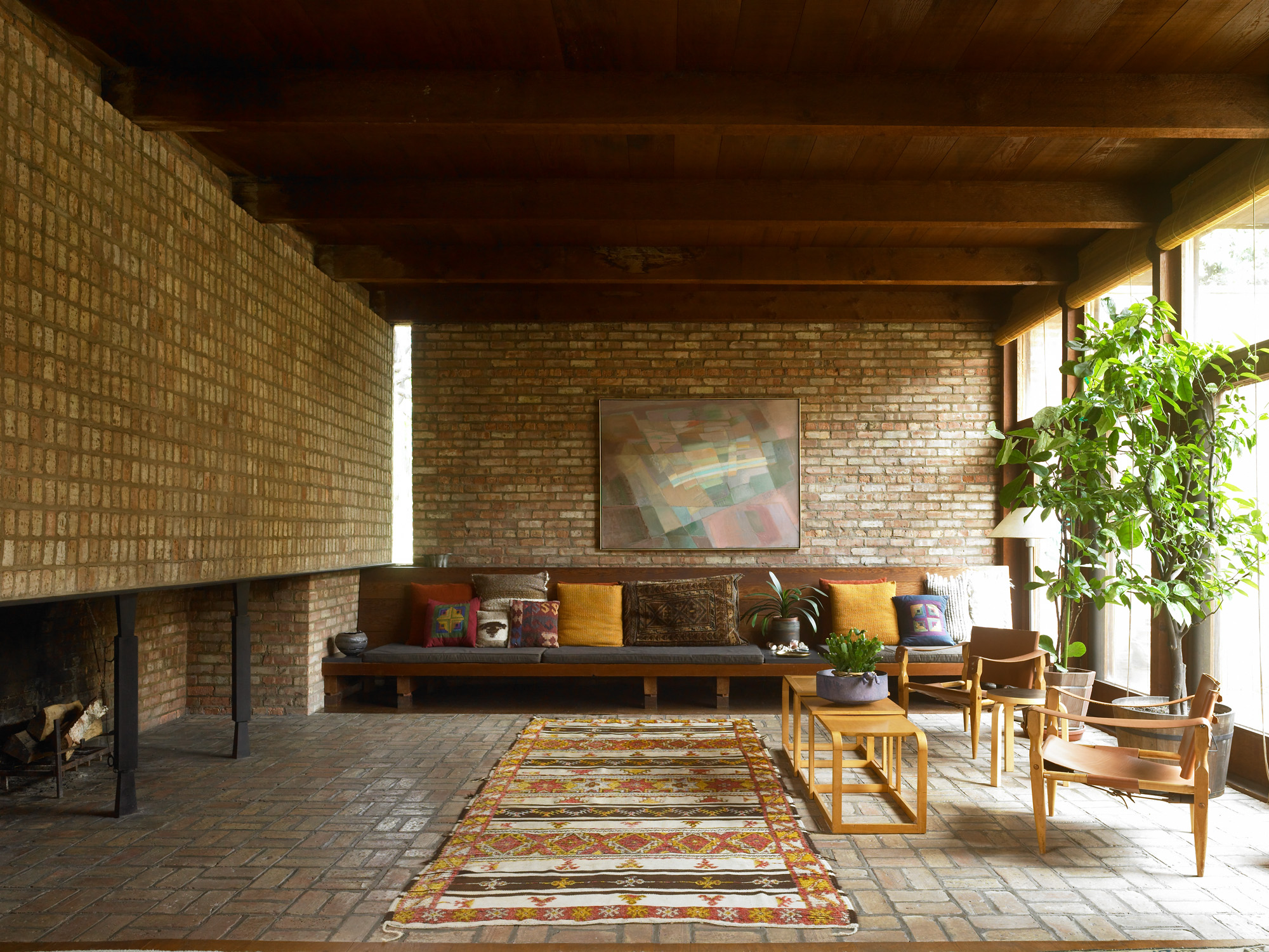 Tour architect Paul Schweikher’s house, a Chicago midcentury masterpiece
Tour architect Paul Schweikher’s house, a Chicago midcentury masterpieceNow hidden in the Chicago suburbs, architect Paul Schweikher's former home and studio is an understated midcentury masterpiece; we explore it, revisiting a story from the Wallpaper* archives, first published in April 2009
-
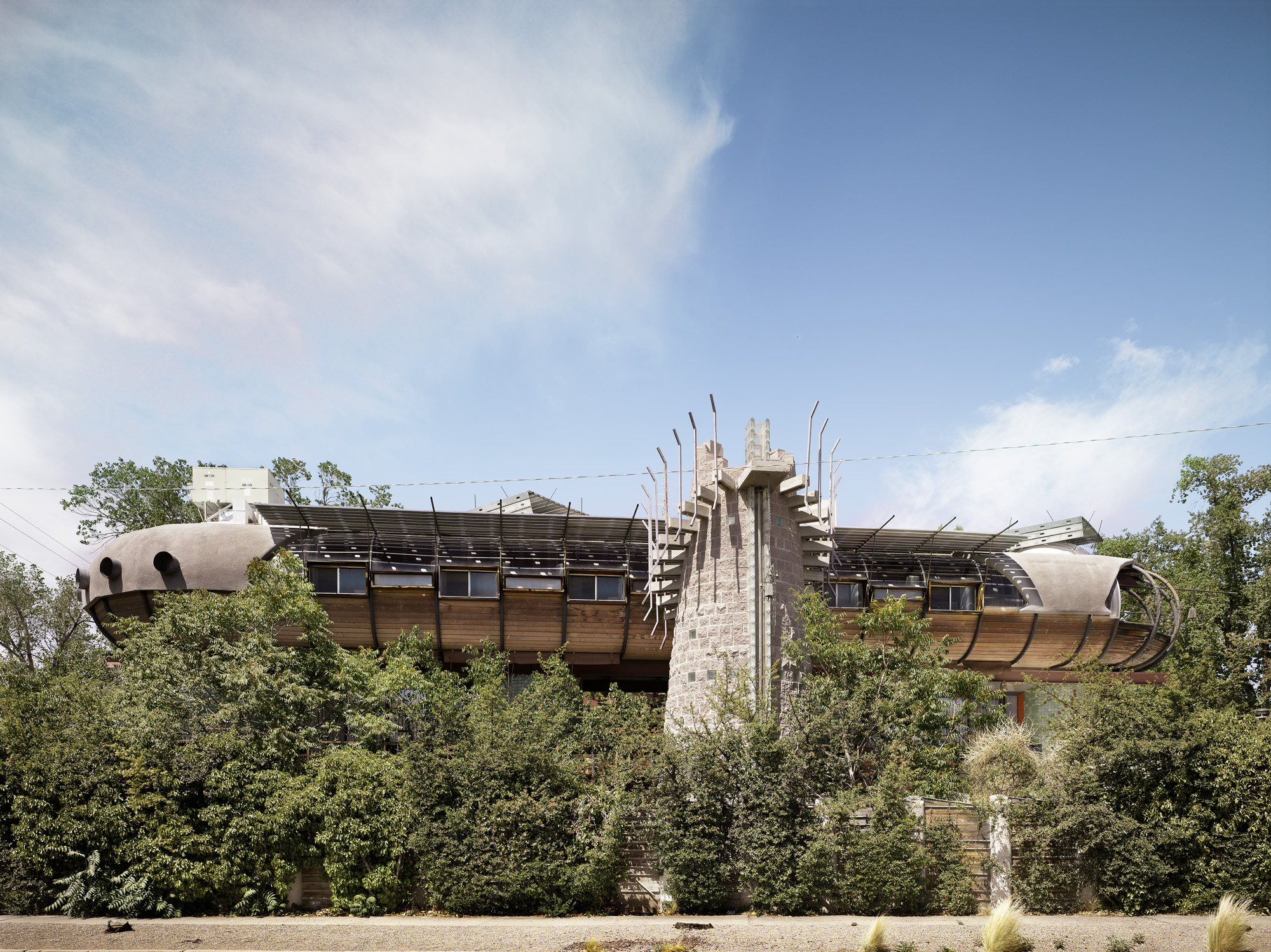 The world of Bart Prince, where architecture is born from the inside out
The world of Bart Prince, where architecture is born from the inside outFor the Albuquerque architect Bart Prince, function trumps form, and all building starts from the inside out; we revisit a profile from the Wallpaper* archive, first published in April 2009
-
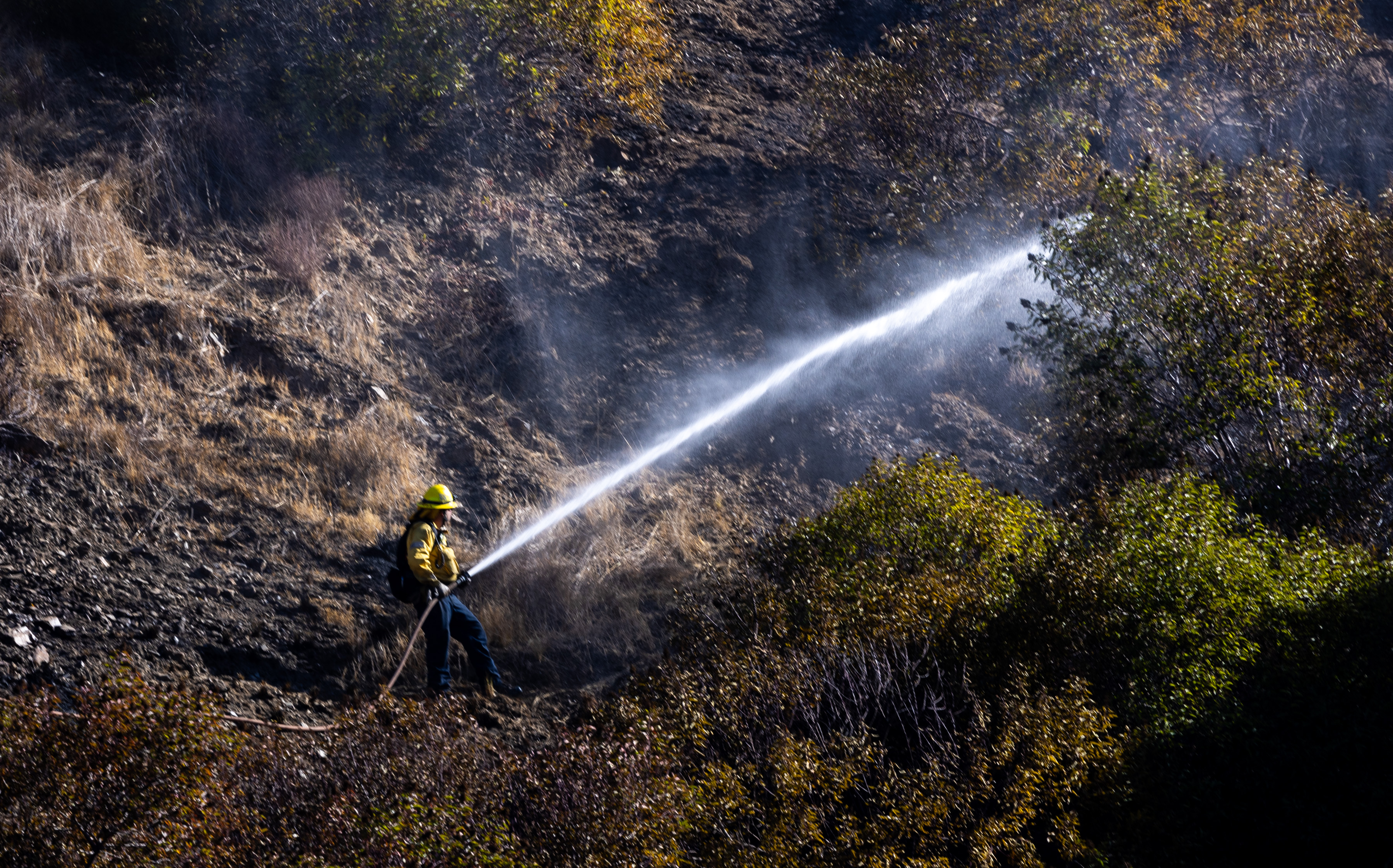 Is embracing nature the key to a more fire-resilient Los Angeles? These landscape architects think so
Is embracing nature the key to a more fire-resilient Los Angeles? These landscape architects think soFor some, an executive order issued by California governor Gavin Newsom does little to address the complexities of living within an urban-wildland interface
-
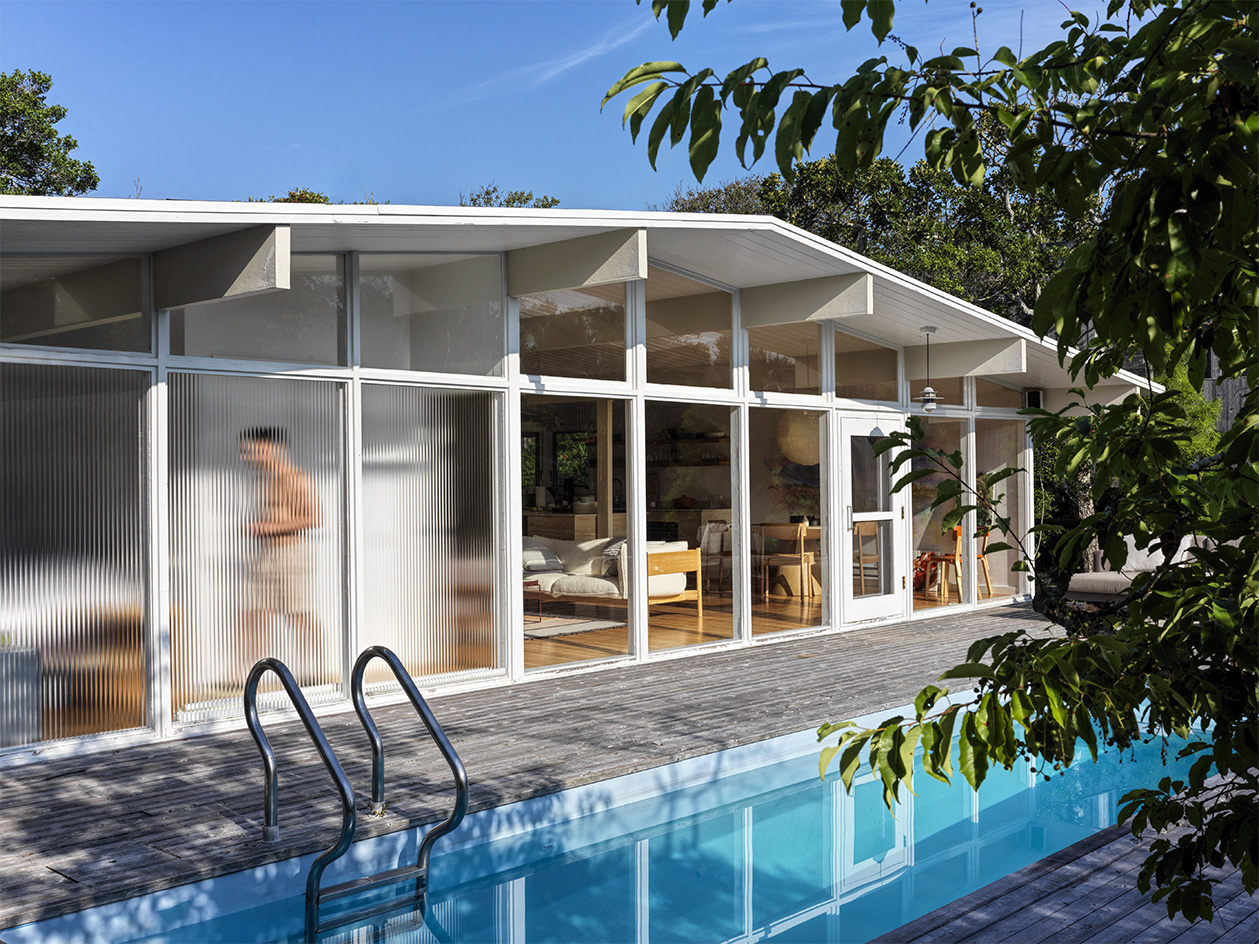 Hop on this Fire Island Pines tour, marking Pride Month and the start of the summer
Hop on this Fire Island Pines tour, marking Pride Month and the start of the summerA Fire Island Pines tour through the work of architecture studio BOND is hosted by The American Institute of Architects New York in celebration of Pride Month; join the fun
-
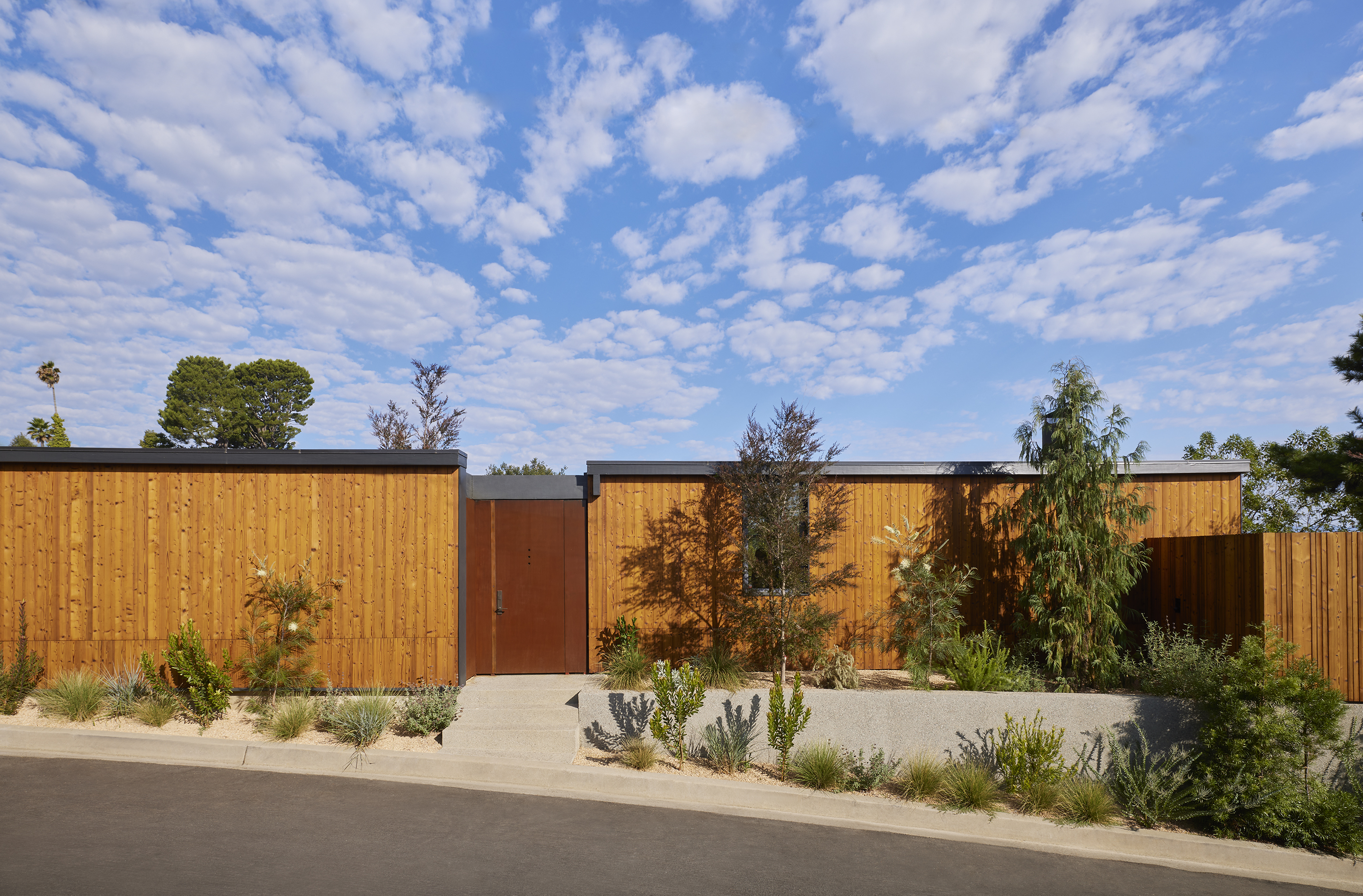 A Laurel Canyon house shows off its midcentury architecture bones
A Laurel Canyon house shows off its midcentury architecture bonesWe step inside a refreshed modernist Laurel Canyon house, the family home of Annie Ritz and Daniel Rabin of And And And Studio
-
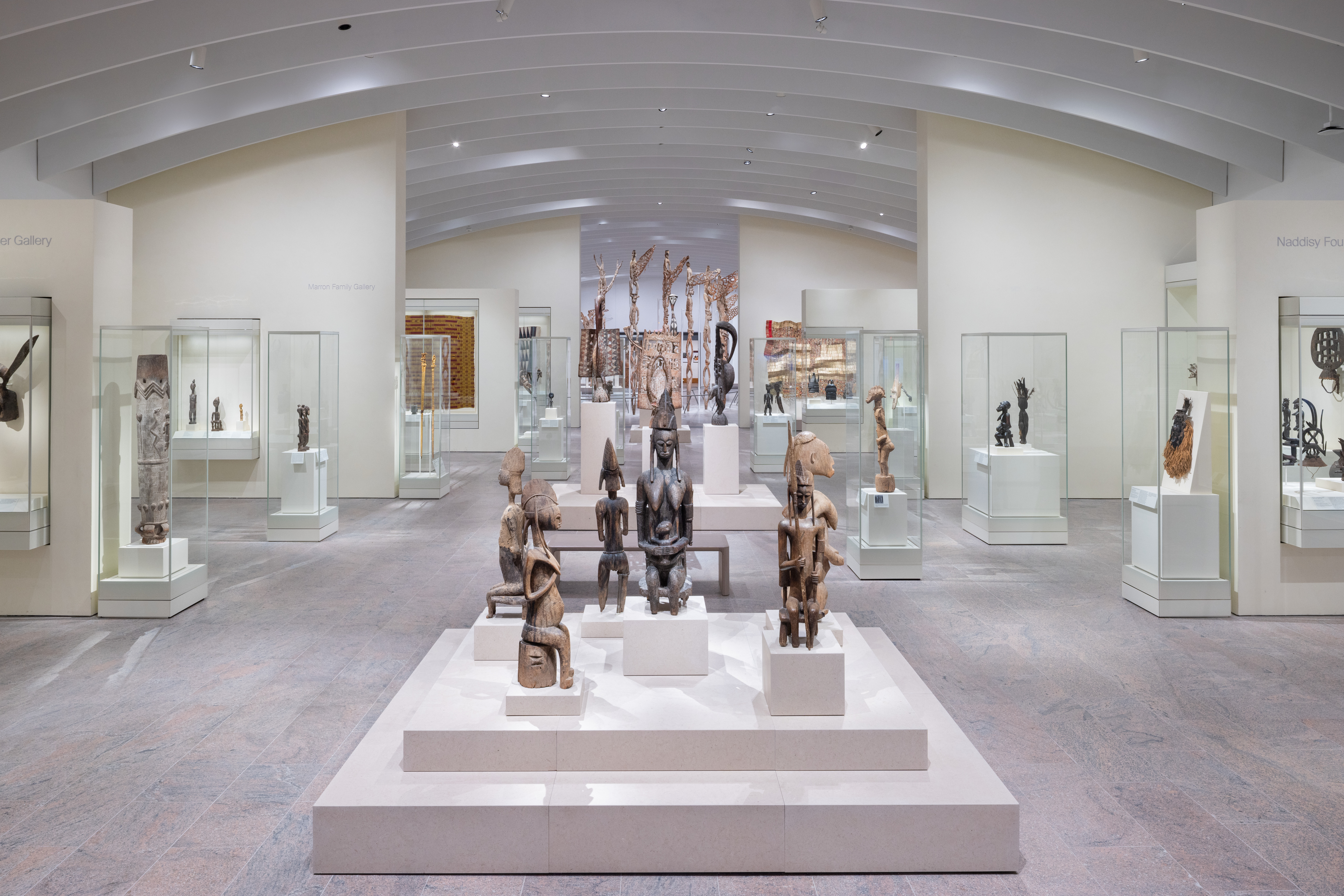 A refreshed Rockefeller Wing reopens with a bang at The Met in New York
A refreshed Rockefeller Wing reopens with a bang at The Met in New YorkThe Met's Michael C Rockefeller Wing gets a refresh by Kulapat Yantrasast's WHY Architecture, bringing light, air and impact to the galleries devoted to arts from Africa, Oceania and the Ancient Americas